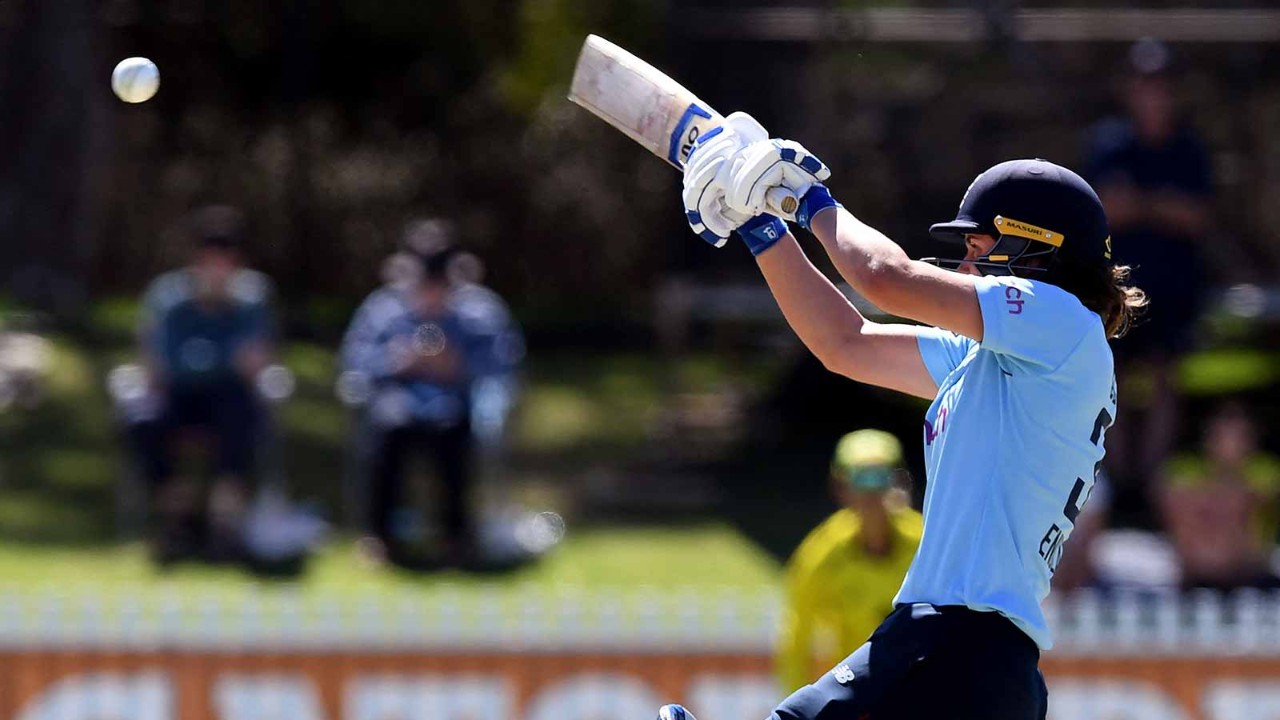
Cricket is going through a high-profile cultural change as documented in the press. Claims by former players about racism have led to the resignation of top officials and new revelations continue to rock the sport. But it’s also seeing a shift off the pitch in gender equality.
‘The finance team was about 60% male when I started,’ says Kate Hailstone ACCA, management accountant at the England and Wales Cricket Board (ECB). ‘It is now 30% male. But the top jobs are still dominated by men.’
First-hand experience
Hailstone, who has recently returned from nine months maternity leave, has experienced the challenge first-hand. While recruiting for her maternity cover, she says only one of the 20 applicants was female.
‘I was surprised – we really struggled to encourage women to apply. For most roles, the female applicants tended to be cricket fans, but that is not so much the case for men. They tend to be sports fans generally, but not specifically of cricket.’

'Changes are essential to ensure the game remains relevant in the future'
But being a cricket fan is by no means a pre-requisite for working at the ECB. ‘Having different experience and outlooks among team members is a vital way to see new initiatives brought in from the wider business world,’ says Hailstone. ‘After all, changes are essential to ensure the game remains relevant in the future.’
While cricket is looking to evolve, Hailstone’s role has also widened. During the pandemic the ECB, like many other businesses, focused on managing the situation.
‘It was very much a case of all hands on deck and do what was necessary, rather than starting new projects or initiatives,’ she says. ‘However, as I’m back from leave and we’re all moving on from Covid, there are lots of new opportunities coming up in the business, so I’m really keen to get stuck in.’
New horizons
Hailstone was in fact promoted from being a project accountant while on maternity leave, something she says speaks volumes about the culture in the finance team.
Her new responsibilities include looking after the finances for the events side of the business, including managing the international match finances, from refunds to ticket audits. It also includes looking after the relatively new tournament, The Hundred, managing budgets, controls, risks and stakeholder relationships.
‘There are a lot of things I need to bring myself back up to speed on, and the new role is a great opportunity for me to take the next step in my career,’ she says.
She has also been involved in the ECB’s sustainability working group, including assessing the board’s carbon footprint and putting in place measures to reduce it in the future as the ECB works on producing its first ESG report.
This fits well alongside her volunteer role as a member of the management board for BASIS, the British Association for Sustainable Sport, an organisation helping sports clubs, venues and governing bodies understand their impact, set targets and implement processes to improve their environmental performance.
‘BASIS is such a rewarding movement to be a part of,’ she says. ‘I really feel like I’m helping to make a difference.’



